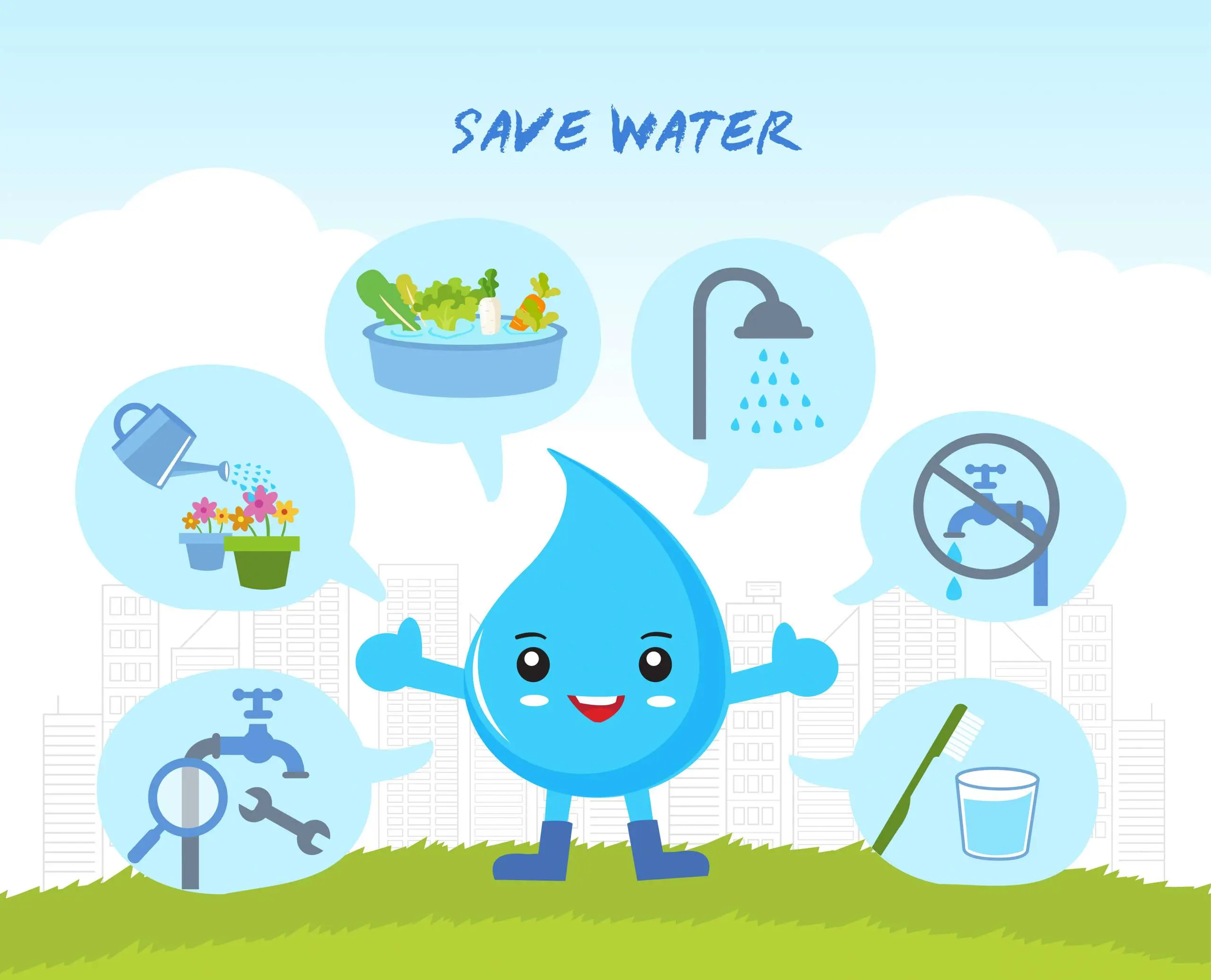NDMD Emphasizes Vigilance as Caribbean Drought Persists
The Caribbean Drought and Its Implications for Nevis: A Call for Proactive Water Conservation
The Caribbean region is facing an escalating drought risk, a situation highlighted by the April 2025 Caribbean Drought Bulletin issued by the Caribbean Drought and Precipitation Monitoring Network (CDPMN). The bulletin paints a concerning picture of predominantly normal to moderately dry conditions across the region, specifically impacting islands like St. Kitts and Nevis, which experienced these conditions between December 2024 and February 2025. While Nevis is not currently under a drought alert, the looming regional threat underscores the importance of proactive water conservation measures. The Nevis Disaster Management Department (NDMD) has issued a public call for vigilance and water conservation, recognizing the island’s vulnerability to the broader climate variability challenges affecting the Caribbean.
Understanding the Drought Risk and Its Drivers:
Droughts are a recurring natural hazard in the Caribbean, often exacerbated by climate change and phenomena like El Niño. These events disrupt rainfall patterns, leading to extended periods of below-average precipitation, impacting water availability for various sectors, including agriculture, tourism, and domestic use. The CDPMN’s April 2025 bulletin serves as a critical early warning system, highlighting the need for preparedness and proactive measures to mitigate the potential impacts of drought. The current situation in St. Kitts and Nevis, characterized by normal to moderately dry conditions, signals the potential for drought development if rainfall patterns do not improve.
The NDMD’s Call to Action: Conserving Nevis’s Water Resources:
Recognizing the potential impact of the regional drought situation on Nevis, the NDMD has urged residents, farmers, businesses, and all stakeholders to actively participate in water conservation efforts. This proactive approach aims to safeguard the island’s water resources and mitigate the potential consequences of a prolonged dry spell. The NDMD emphasizes the importance of collective responsibility in managing water usage and encourages everyone to adopt water-wise practices. This collaborative approach is crucial for ensuring the sustainable management of Nevis’s water resources, particularly in the face of increasing climate variability.
Practical Steps for Water Conservation: A Guide for Residents and Businesses:
The NDMD has provided specific recommendations to guide individuals and organizations in their water conservation efforts. These practical steps aim to reduce water consumption and promote responsible water management:
- Monitor household and agricultural water usage: Regularly tracking water usage can help identify areas where consumption can be reduced. This involves being mindful of daily water use for activities like showering, washing dishes, and irrigating gardens.
- Report any signs of water stress or low streamflow: Observing and reporting signs of water stress, such as reduced water levels in rivers or streams, can help authorities monitor the situation and implement necessary measures.
- Follow updates from relevant authorities: Staying informed about the latest drought conditions and water conservation advice is essential. The NDMD, Ministry of Agriculture, Nevis Water Department, and local meteorological services provide regular updates and guidance on managing water resources during dry periods.
The Importance of Public Awareness and Education:
Public awareness campaigns play a vital role in promoting water conservation. Educating the community about the importance of water conservation, the impact of drought, and practical steps to reduce water consumption can empower individuals to take responsibility for their water usage. Sharing information through various channels, including social media, community events, and educational programs, can effectively disseminate the message and encourage widespread adoption of water-wise practices.
Long-Term Water Management Strategies for Nevis:
Beyond immediate conservation measures, long-term strategies are crucial for ensuring the sustainable management of Nevis’s water resources. These strategies may include:
- Investing in water infrastructure: Improving water storage and distribution systems can enhance water availability during dry periods.
- Developing drought-resistant crops: Promoting the use of drought-resistant crops in agriculture can reduce the impact of droughts on food production.
- Implementing rainwater harvesting systems: Encouraging the collection and storage of rainwater can provide an alternative water source during times of scarcity.
- Protecting and restoring watersheds: Protecting and restoring watersheds helps maintain water quality and regulate water flow.
By implementing both short-term conservation measures and long-term strategies, Nevis can build resilience against the increasing challenges posed by climate variability and drought. This proactive approach is essential for safeguarding the island’s water resources and ensuring the well-being of its community and environment for generations to come.
Share this content:












Post Comment